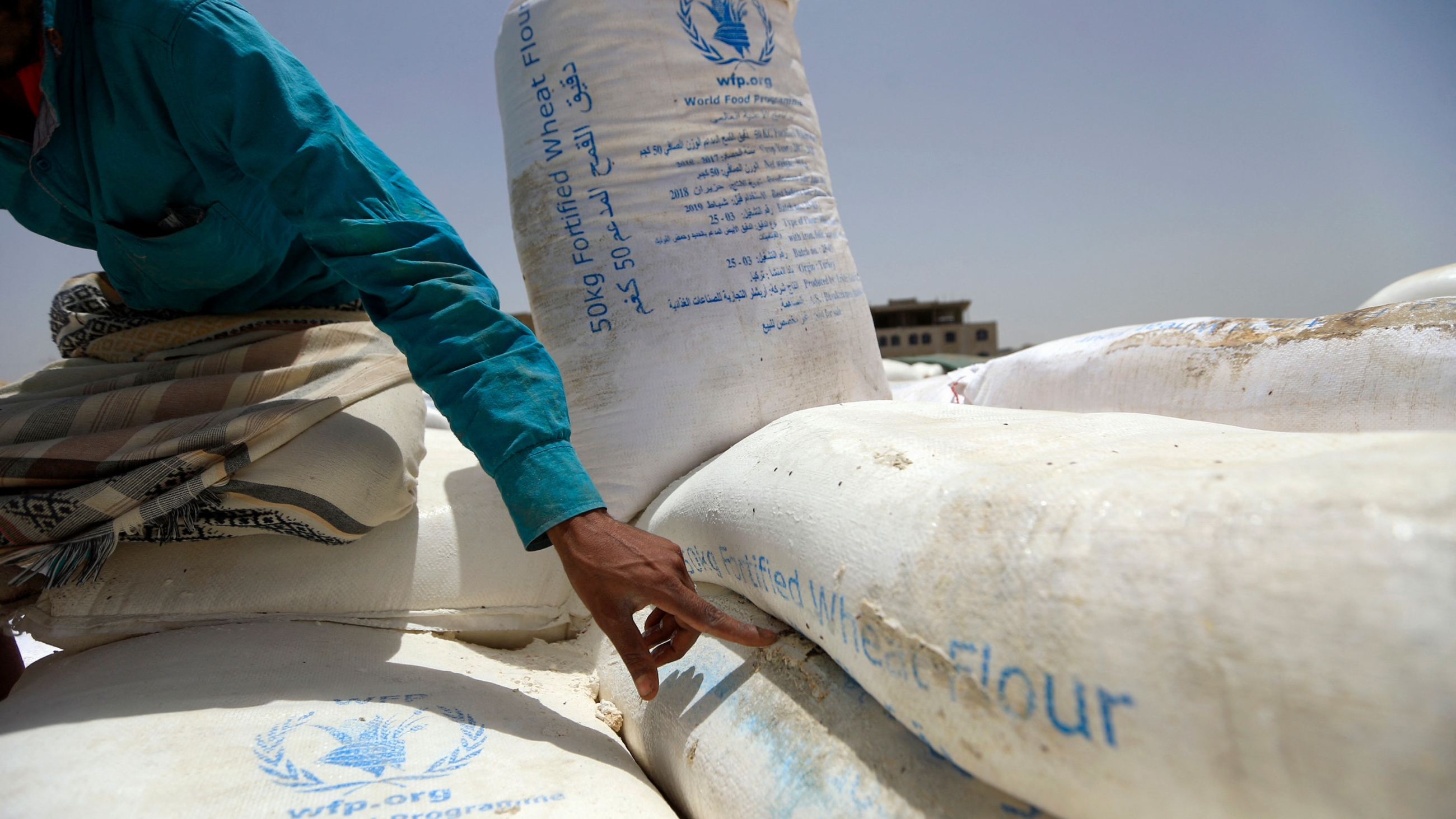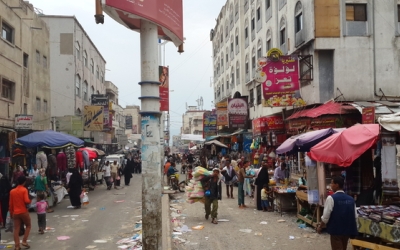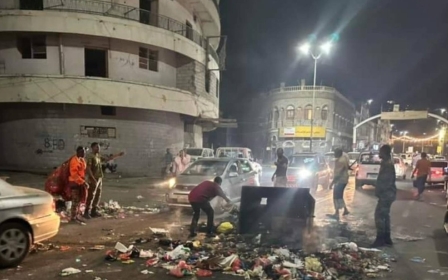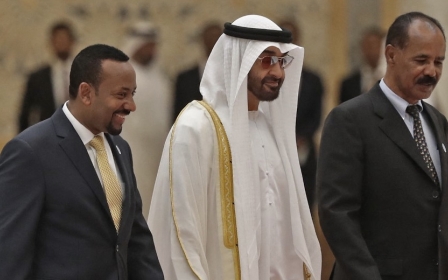Yemen: Terror grips quiet town after gunmen kill UN worker

A Yemeni town south of Taiz has been left in shock after the killing of a UN official by gunmen on Friday.
Moayad Hameidi, a Jordanian national, was fatally shot while he was at a restaurant around noon in al-Turbah town.
He had arrived recently in Yemen to head the World Food Programme (WFP) in Taiz, the UN agency said.
The assailants, who have yet to be identified, shot him from a motorcycle and fled the scene. Another person was injured but was in stable condition, according to security officials.
Local security forces announced on Saturday afternoon the arrest of people suspected of carrying out the shooting.
New MEE newsletter: Jerusalem Dispatch
Sign up to get the latest insights and analysis on Israel-Palestine, alongside Turkey Unpacked and other MEE newsletters
A UN staffer in the Turbah office told Middle East Eye that Hameidi's killing has left employees terrified.
"This is a big development in a peaceful town," the staffer told MEE, speaking on condition of anonymity. "We are suspending our activities in Taiz until further notice."
Turbah, located in the country's southwest, has been largely spared heavy fighting since Yemen descended into civil war in 2014 after Houthi rebels seized the capital Sanaa.
'Killing any person is a red line in our community and religion'
- Turbah town resident
A Saudi-led military intervention began in 2015 to push back against the Houthis, but a UN-brokered ceasefire in April 2022 drastically reduced hostilities. The truce expired in October, but fighting has largely remained on hold since.
Through eight years of war, Turbah has been considered by many to be a safe place, attracting UN agencies and other international organisations to set up offices there.
Ahmed*, a resident of the town, described it as a "different place" where people from other provinces meet and workers of international organisations are regularly seen in public areas.
But in the aftermath of Hameidi's death, the streets were empty but for military and security vehicles.
"Residents are terrified," Ahmed told MEE. "They are walking in fear."
Concern for aid workers
Hameidi's death prompted condemnations from various international NGOs, who are concerned for the safety of their workers.
"The loss of our colleague is a profound tragedy for our organisation and the humanitarian community," said Richard Ragan, WFP representative and country director in Yemen.
The UN agency remembered Hameidi as a "dedicated humanitarian" who served 18 years in the aid sector, including a previous stint in Yemen.
A Yemeni staff member of another international NGO, who spoke to MEE on condition of anonymity, said this is the first time he feels unsafe in Turbah since he began working in the town in 2018.
"Many organisations are based in Turbah, and hundreds of humanitarian workers are here, so now all of us feel unsafe to continue working," he said.
The worker fears that such safety concerns could hamper aid efforts in Yemen, a country the UN says is facing one of the world's largest humanitarian crises.
Around 80 percent of Yemenis struggle to put food on the table and access basic services, according to the UN.
"I hope...Turbah will continue to be a safe place," the worker told MEE.
While the targeting of aid workers in Yemen is rare, they are not new.
In 2018, unknown gunmen on the outskirts of Taiz killed Hanna Lahoud, a Lebanese national who was in charge of the detention programme of the International Committee of the Red Cross (ICRC) in Yemen.
International organisations in the country come under criticism from time to time by Yemenis, especially in online campaigns.
While no motive has yet been established for Hameidi's killing, some NGOs have been accused in the past of trying to use their influence to promote ideals deemed by some as contradicting Islam and Yemeni culture.
"Some social media activists criticise humanitarian organisations, and that is normal," Ahmed said.
"But it doesn't mean they incite killing. Killing any person is a red line in our community and religion," he added.
*The name has been changed for safety reasons
Middle East Eye delivers independent and unrivalled coverage and analysis of the Middle East, North Africa and beyond. To learn more about republishing this content and the associated fees, please fill out this form. More about MEE can be found here.





